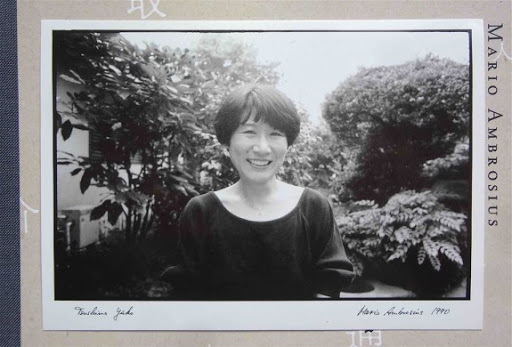
Satoko Tsushima (Yuko Tsushima) (津島 佑子 Tsushima Yūko ; born March 30, 1947) Japanese novelist, essayist
Read more about Yuko Tsushima's writing here
Read the Goodreads page for Yuko Tsushima here
Watch Yuko Tsushima discuss Ainu culture influence on her writing
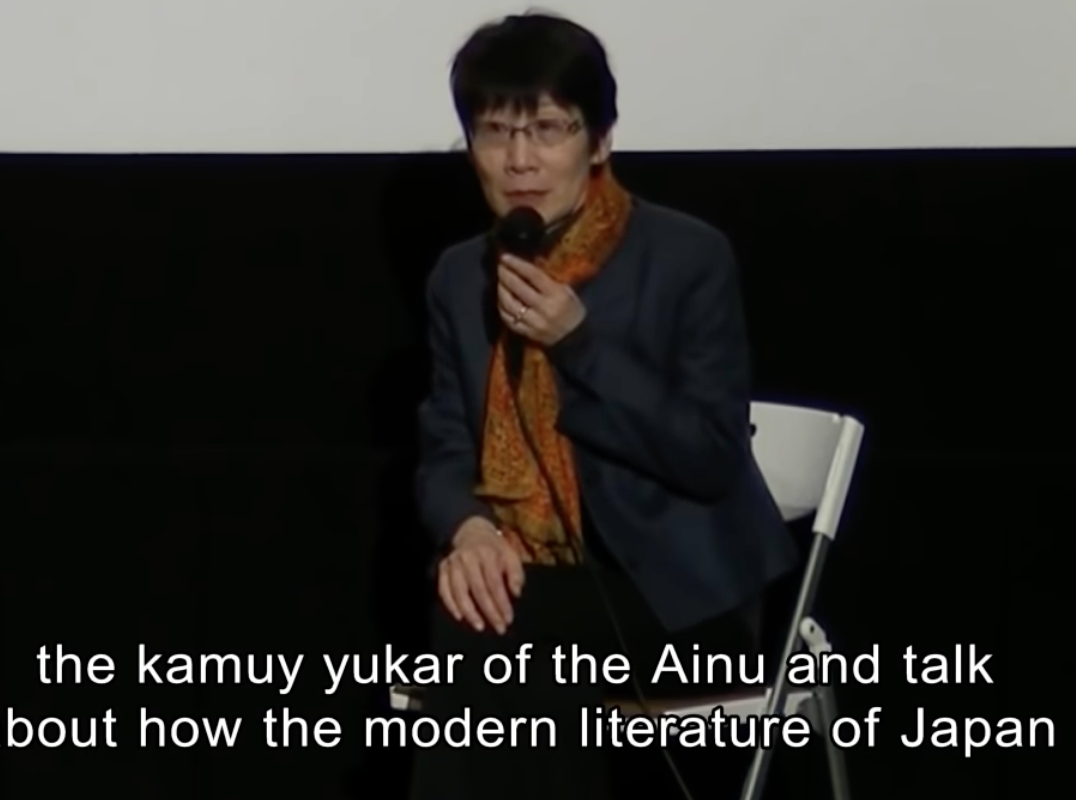 here
here
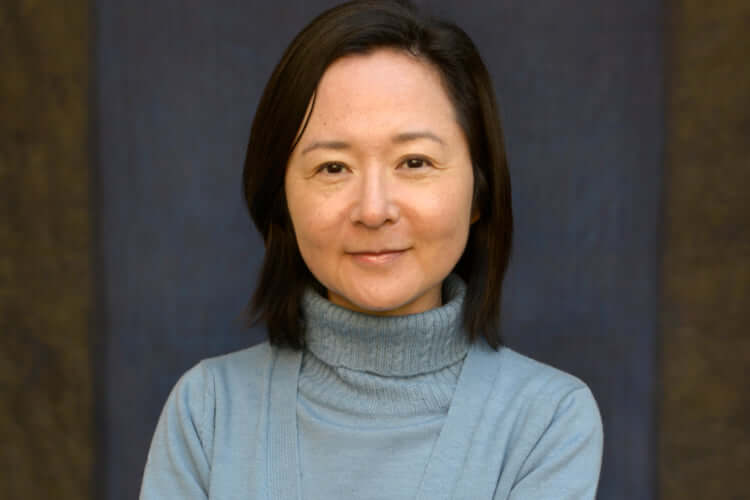
Yōko Ogawa (小川 洋子 ; born March 30, 1962) Japanese novelist, essayist
Read the Goodreads article about Yoko Ogawa
Read about Ogawa's novel, The Memory Police, here
Yoko Ogawa reads from her novel The Memory Police
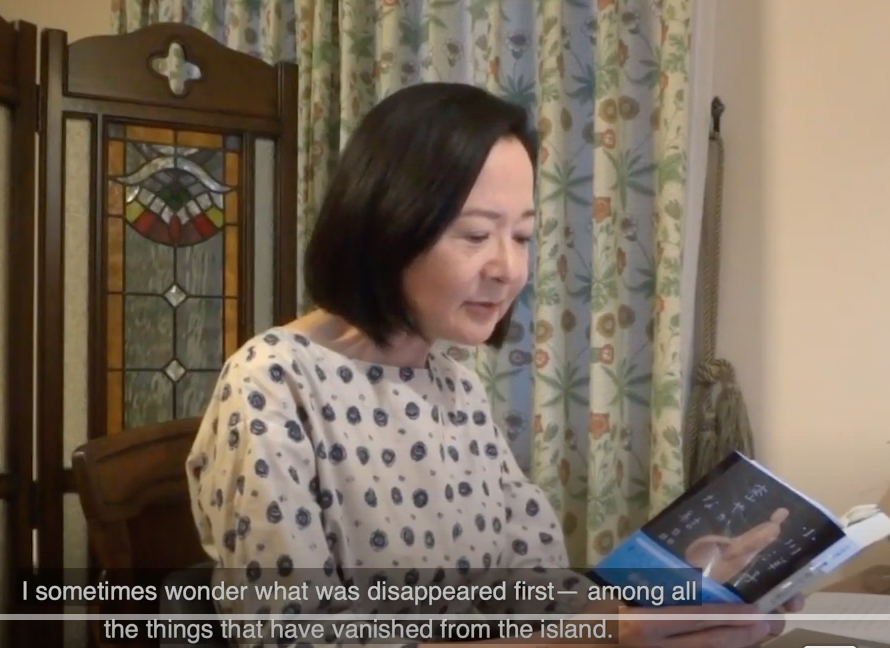 here
here
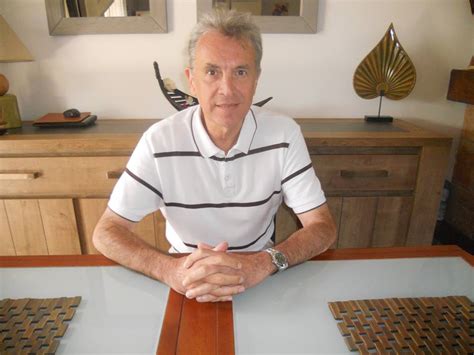
Thierry Cabot (born March 30, 1958) French poet
Read an email interview with Thierry Cabot (French language)
Eclairement: The saving grace of writing revolves around the computer, the modern version of the act of writing. Is electronic writing missing the gestures of writing, that is to say, the contact and movement of the hand on paper? Can both methods coexist; is it just modernity — a new way to do or pursue it?
Cabot: Writing has obviously played a decisive role in human history, but let’s not forget that the Sumerians originally adopted it in order to make a physical record of their business dealings. It was not until much later that the famous clay tablets would see the birth of literature through myth and epic tales.
The fact that the these records were created five thousand years ago in Mesopotamia should therefore encourage us artists to be more modest, even humble.
The saving grace of writing? This term with its strongly religious connotation does not match my literary approach. For my part, I prefer to speak of the act of accomplishment. Besides, how many musicians, painters, and sculptors could, in many respects, apply the expression to themselves?
It seems to me that the sensational entrance of the Internet into the world of creativity has had more of an effect on the distribution of writing than on the nature of writing. On a personal level — but I won’t obscure the generational dimension here — writing via making gestures and contact with paper is one of the main components of emotional response.
A child of Gutenberg, I would not dare to drop a text that was completed and finished on the screen. During the development of a poem, I will strike out a word, cross out a sentence, write over parts of a stanza.
Sometimes, when faced with “the white void of paper” I have clipped wings, and lack of inspiration is transformed into true pain.
When the work is finally cleaned up, the computer immediately takes over. And then, somewhat moved, I rediscover my text with a pride mixed with anxiety. Other eyes will soon land on it through the phenomenon of “re-creation. ” Already, it is no longer mine.
In the final analysis, whatever the direction of our choices, we must admit in any case that the eruption of new communication and information technologies onto the cultural playing field has not only changed our relationship to writing, but also has shaken these ancient industries. Without a doubt it is still too soon to measure all the consequences.
Eclairement - Un poète contemporain : cinq questions à Thierry Cabot
by Claire Mélanie, Corinne Godmer
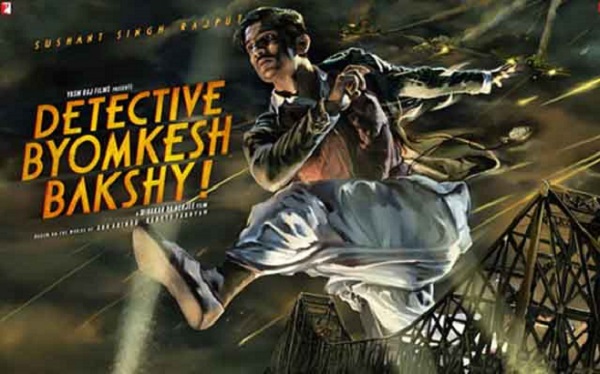
Sharadindu Bandyopadhyay (Bangla: শরদিন্দু বন্দোপাধ্যায়) (born March 30, 1899) Bengali novelist, screenwriter
Read about Byomkesh Bakshi here
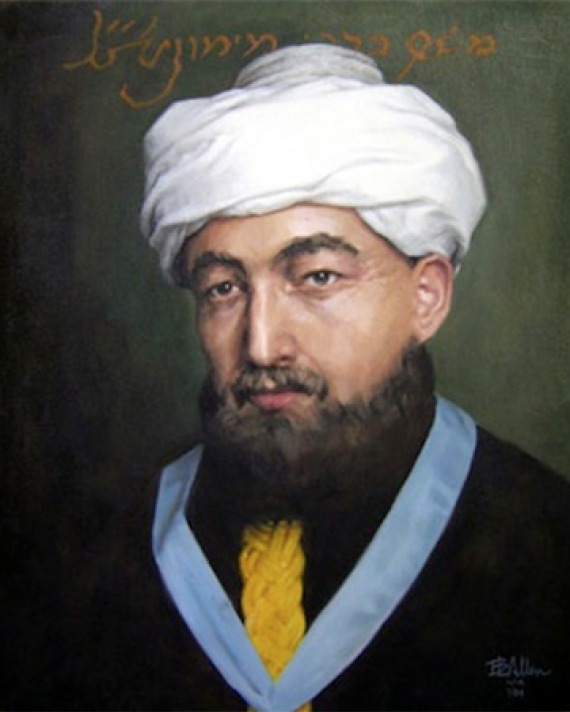
Moses Maimonides (born March 30, 1135) Spanish/Egyptian Jewish philosopher – Mishneh Torah (compilation of Jewish law) (1180)
Rabbi Jonathan Ginsburg speaks about Maimonides’ Mishneh Torah here